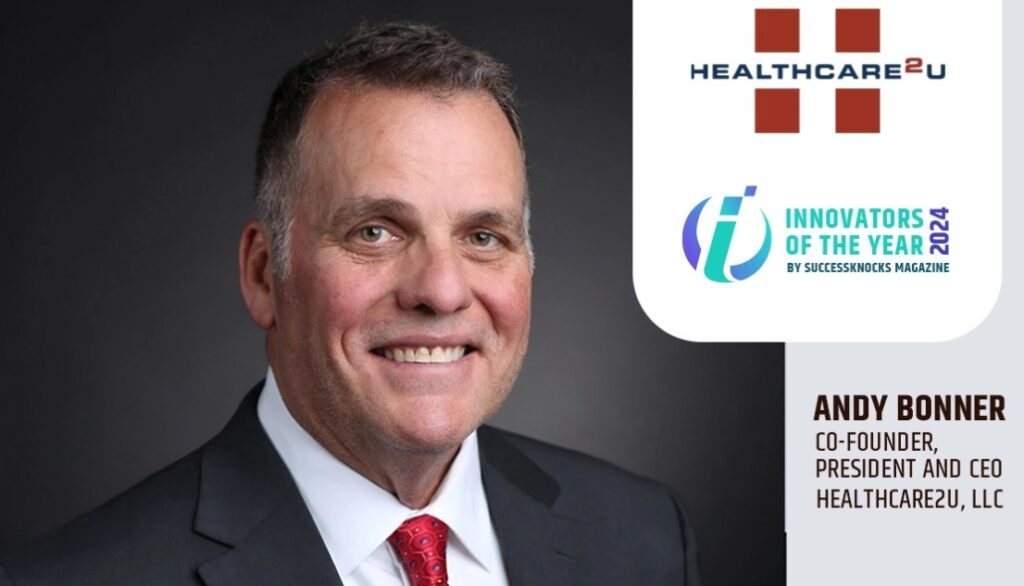Navigating the healthcare system can come with several challenges for both doctors and patients. Physicians can encounter hurdles when providing care, patients can be overwhelmed when receiving care. A viable solution has been Direct Primary Care (DPC). This model is growing in popularity because it provides a multitude of benefits for physicians and patients. In a three-part blog series, Healthcare2U’s Dr. John Rodriguez shares his insight on what the current burdens are regarding healthcare, some difficult barriers physicians and patients are currently facing, and his perspective on Direct Primary Care.
Q: What are the benefits of working with a direct primary care model?
A: The current fee-for-service model of seeing a patient, then billing that to the insurance company, having that re-priced, and then sent back to us maybe in 30 days, if we’re lucky, has not kept up with our costs of running a healthcare facility. The direct primary care model has been very attractive to many practices because doctors receive payments on the day of service or through a pre-arranged and low monthly retainer fee – this is a novel concept! It’s very attractive to most practices because we feel as though we do finally get paid for our work, and we get paid in a timely fashion. This helps us to keep our overhead much lower in the form of fewer staff as well as being able to provide the care that patients truly need and desire. Being able to receive payments from a cash perspective on time and at the prices that we feel are fair is an extremely attractive way to practice health care. Direct primary care is becoming more advantageous and beginning to take off, not to mention its prices are coming down.
Q: What are some burdens that physician-owned practices must work through regarding insurance?
A: One of the biggest challenges that we have faced for years is poor insurance reimbursement. We have to make our payments when it comes to rent, salaried employees, hourly employees, tax payments, malpractice insurance payments, etc. All these come at a heavy price to us, and unfortunately, insurance reimbursements don’t keep up with the rate of inflation. Now that a physician has dwindled visit time down to about seven minutes, there’s just not enough time to adequately deal with many conditions. This leads to poor patient satisfaction surveys and poor outcomes, and in some cases, important diseases can be missed or misdiagnosed. The stress that comes with this for the providers has forced many to leave the arena of health care, and now they become employed by insurance companies, hospitals, or just leave health care in general.
Stay tuned…
Make sure to stay tuned when we feature our second blog with Dr. Rodriguez where we discuss fee-for-service clinics and the “bad debt” that many physicians carry. For more information on Healthcare2U’s Direct Primary Care membership, read our blog.







